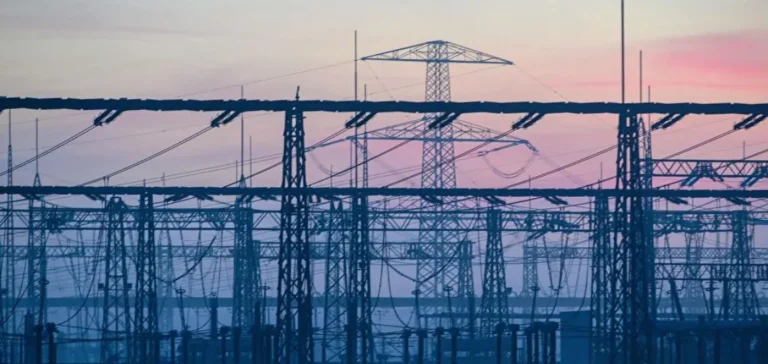The German government has reached an agreement to implement a subsidised electricity rate targeting the country’s most energy-intensive sectors. Starting in 2026, the price will be capped at €0.05 per kilowatt hour for eligible companies. The measure will remain in effect until 2028, according to German Chancellor Friedrich Merz.
Targeted support for strategic sectors
The decision follows months of lobbying by industrial groups, particularly those in the automotive and steel sectors. These industries have long argued that high energy prices in Germany reduce their global competitiveness, especially compared to countries like the United States or China, where electricity is significantly cheaper.
The measure specifically targets “energy-intensive industries”, including steel mills, cement factories and certain automotive production sites. The government has not yet detailed the eligibility criteria or the volume of electricity covered by the scheme.
Political agreement and EU validation
The agreement was finalised between the ruling coalition parties, including conservatives and social democrats. Friedrich Merz stated that discussions with the European Commission were “largely complete” and that the German government expected formal approval from Brussels.
This pricing intervention adds to previous energy support measures implemented since the gas price crisis in 2022. It reflects a strategic repositioning aimed at preventing industrial market share losses while retaining production capacity within national borders.
Maintaining industrial activity in Germany
The government has not disclosed the budgetary cost of the subsidy, which could amount to several billion euros depending on consumption volumes. The declared objective is to prevent offshoring and support short-term industrial competitiveness, amid ongoing pressures on supply chains and raw materials.
Friedrich Merz stated that “targeted support to heavy industry is a necessary response to a competitive distortion” caused by disadvantageous energy conditions.






















